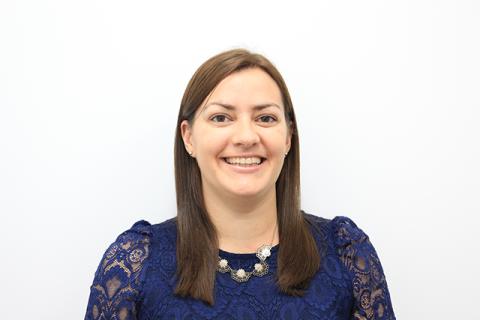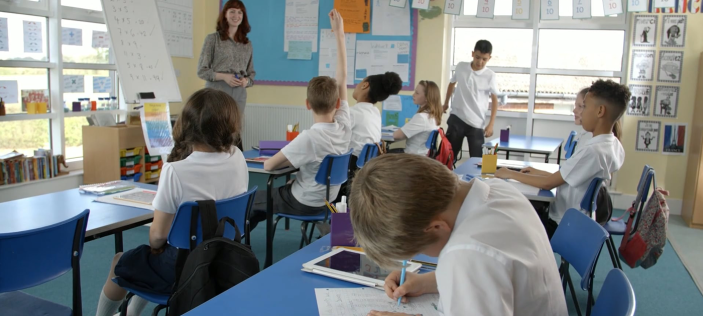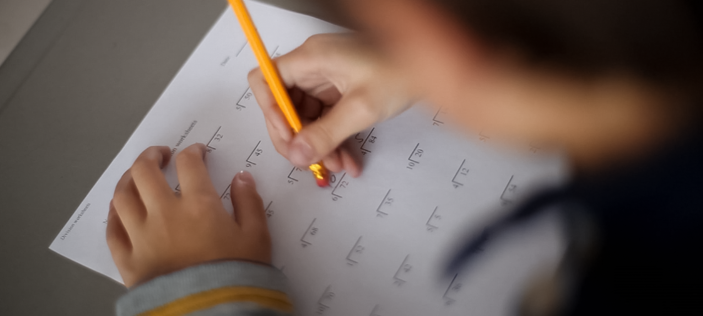This blog was first released in September 2020 and has been updated with the latest DfE guidance and additional resources.
From the 2021/22 academic year, the multiplication tables check (MTC) is statutory for all year 4 pupils registered at state-funded maintained schools, special schools or academies (including free schools) in England.
The administration guidance provides details on:
- how to use the MTC service (including the pupil try it out area)
- how to enable access arrangements
- how to administer the check
Multiplication tables check administration guidance
I want to develop the fluency and application of multiplication facts. Where do I start?
Many adults have gone through the trials and tribulations of learning to drive. Whilst some take to it immediately, others need more time and space to hone their skills. During our multiplication research project, Making Sense of ‘X’, we have similarly found that some pupils acquire new facts with relative ease, with others needing extra support to develop multiplicative fluency.
In the Herts for Learning maths team, we have been supporting schools and pupils by using this model to reflect on how curriculum time is spent. In our new online training programme, we have used the learning to drive analogy to break down the crucial stages:

Taking a mock driving test every week without any instruction or support between tests is unlikely to improve driving skills. Whilst assessment is an important element of any learning, we believe there are important stages which need to be prioritised before pupils are ready to be assessed in their multiplication tables. Just like focusing on a new manoeuvre, for the start of each multiplication table, pupils will need time to go back to learn and rehearse before mastering the new skills.
Learn: building, deconstructing, drawing and describing
When learning to drive, novice drivers need to begin with expert instruction. They need plenty of time dedicated to hands-on experience and discussion, with support to make connections to prior knowledge and skills. We believe it is the same for multiplication, with time needed to build, deconstruct, draw and talk about the structure behind the facts.

Throughout our ESSENTIALmaths plans, we use speaking frames such as this to support pupils to describe the structures they have built and drawn. We would want pupils to be able to move between different representations which could involve manipulatives such as counters, cubes, beadstrings and everyday objects. Our previous blog looked specifically at this phase in detail.
One way schools have incorporated this stage during home-based learning has been an array hunt where pupils can find, create and draw arrays inside and outside the home.

Developing rehearsal
Once you have been taught the basics of mirror, signal, manoeuvre, it is time to rehearse the different elements, starting with easier manoeuvres and building up stamina over time. There are countless ways of rehearsing multiplication tables but one way of providing daily opportunities is to use a counting stick for your focus times table. As well as building fluency in counting up, down and out of order, there is also the chance to build in reasoning.

This example shows possible questions and responses to describe a missing value. To begin with, pupils may produce simple responses such as “I know it is 28 + 4”. However, once they are familiar with the concept, pupils often come up with ever elaborate responses which show a level of much deeper understanding.
You can’t beat a traditional counting stick which can be handled and manipulated but when needed, this interactive online counting stick is a great alternative: Mathsbot: Counting Stick
Opportunity to recall
Once there has been plenty of time for varied rehearsal, it is time to for the learner driver to recall how to perform a range of manoeuvres in increasingly complex situations. Learners may need to go back to the ‘learn’ or ‘rehearse’ stage before progressing on. Part of the recall stage in terms of multiplication could involving low-threat gaming opportunities. This could start with a simple bingo board where the ‘caller’ reads out a product, with the players finding the corresponding calculation. Alternatively the players could be provided the product and the ‘caller’ calls out the calculation.

Other gaming opportunities could involve dice or playing cards, either for a focus times table or a mixed set of calculations. It is essential that pupils have the underlying understanding from the ‘learn’ and ‘rehearse’ stage and are not attempting to recall disconnected facts and, in some cases, inadvertently practising incorrect facts.
The Herts for Learning Primary Maths YouTube channel has provided gaming opportunities to embed different parts of the primary curriculum. This video provides a collection of three multiplication games which can be used to provide pupils with varied recall opportunities.

The use of assessment
Like teachers, driving instructors use on-going assessment to inform which further teaching, rehearsal or practice opportunities are needed before the final assessment of the driving test.
It is up to schools how they use purposeful assessment to support teaching and learning but we would encourage all teachers to use testing as a brief stocktake opportunity, with the bulk of teaching time being spent on the stages that precede ‘assess’. One aspect of the MTC which we are regularly asked about is the timed element of it. This is something that many pupils may need building up to, to ensure a focus on speed is not brought in too early; inadvertently impeding the learning.
By the end of the progression, we aim for pupils to be able to take the wheel and recall and apply their facts with independence and confidence. There are often bumps in the road, and obstacles to overcome, but it has been fantastic to see pupils across the schools we work in building their skills to then apply their increased understanding across the maths curriculum.
What next?
- Reflect on the ‘learn, rehearse, recall, assess’ model. What is already going well for you? Is there any aspect that could be enhanced to support your pupils?
- Are all year groups playing their part to ensure pupils have the pre-requisite skills to allow pupils to be fluent by the end of Year 4?
- What aspects of the ‘learn, rehearse, recall, assess’ model could be used for pupils in UKS2 who are yet to secure all the multiplication facts up to 12 x 12?
Is this a key focus in your school?
The HFL Education Primary Maths team can work with you in school to develop the teaching and learning of multiplication facts through The Multiplication Package.
Find out more about the HFL Education Curriculum Impact Packages.
Alternatively, join our digital, on-demand training to explore effective teaching strategies for rehearsal and recall of multiplication facts. The modules are full of practical ideas and resources to take away to enable pupils to learn multiplication facts with understanding and recall.
Supporting pupils to learn multiplication facts – effective strategies for rehearsal and recall
More information is available at:
- www.gov.uk/guidance/multiplication-tables-check-development-process
- www.gov.uk/government/publications/multiplication-tables-check-administration-guidance
Further related reading:
To keep up to date: Join our Primary Subject Leaders’ mailing list
To subscribe to our blogs: Get our blogs straight to your inbox



